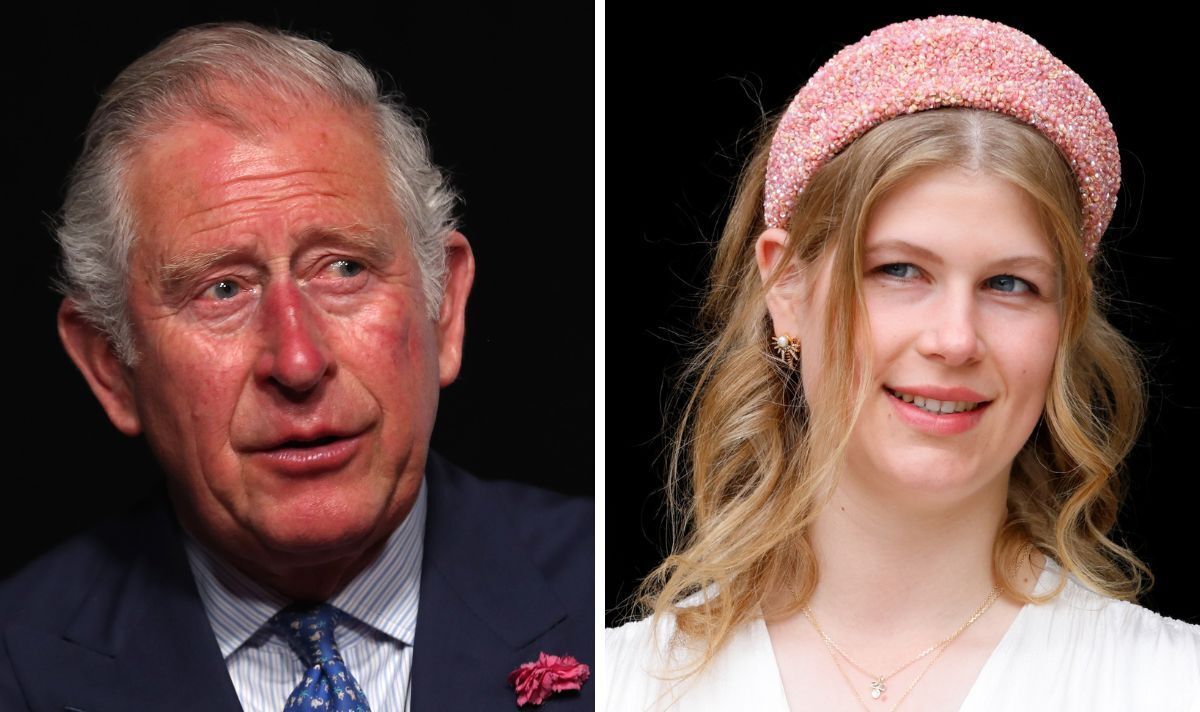Must Read
Royal Dilemma: King Charles III’s Critical Decision on Line of Succession
In the wake of potential calamities, King Charles III finds himself at a pivotal juncture, tasked with determining the line of succession to safeguard the crown's continuity.
Renowned royal commentator Robert Jobson has underscored the necessity for the new monarch to discreetly designate an individual capable of assuming the role of prince or princess regent in support of young Prince George should unforeseen events impact both him and Prince William.
Jobson, author of the biography “William at Forty” chronicling the life of the Prince of Wales, has expressed reservations about Prince Harry's suitability for such a crucial responsibility, given his non-working status within the royal family.
The expert cautions that in the hypothetical scenario where both King Charles and Prince William are unable to fulfill their constitutional obligations, Prince Harry's involvement would not be adequate.
In a poignant commentary featured in The Sun, Jobson sheds light on the apprehension surrounding the possibility of nine-year-old Prince George inheriting the throne prematurely in the event of a tragedy.
This concern echoes sentiments previously voiced by the late queen herself, who harbored worries about such a scenario unfolding.
To address this delicate predicament, King Charles III must carefully deliberate on selecting an alternative regent.
The stalwart Princess Anne emerges as a promising candidate, given her unwavering dedication to the crown and impeccable sense of duty.
However, any modifications to the line of succession or the appointment of a regent would necessitate the enactment of legislation by Parliament.
The current predicament underscores the significance of having a designated prince or princess regent in place until Prince George reaches a suitable age to assume the throne.
While conventionally, this role would fall to Prince Harry, his non-working royal status renders him unsuitable for the task.
Jobson advocates for Princess Anne as a viable regent choice, citing her steadfast allegiance to the crown and unwavering commitment to duty.
The legal framework governing the line of succession is firmly established, with the Succession to the Crown Act 2013 marking a significant milestone by abolishing the male primogeniture rule and promoting gender equality in the order of succession.
Notably, only Parliament possesses the authority to alter an individual's place in the line of succession, as evidenced by historical instances where individuals were excluded due to specific circumstances.
Speculation abounds regarding King Charles's potential decision to remove Prince Harry from the line of succession and revoke his position as councillor of state.
The necessity for official legal instruments, such as letters patent or parliamentary acts, to unequivocally stipulate that only working royals and their direct heirs are eligible for succession is paramount.
By instituting such measures, King Charles III aims to prioritize individuals dedicated to upholding the monarchy's traditions and serving the interests of the UK, its territories, and the Commonwealth.
This strategic approach not only safeguards the monarchy's stability but also mitigates the risk of external influences seeking to exploit the institution for personal gain.




































